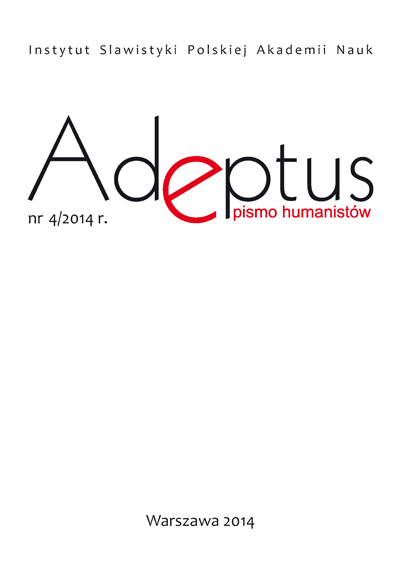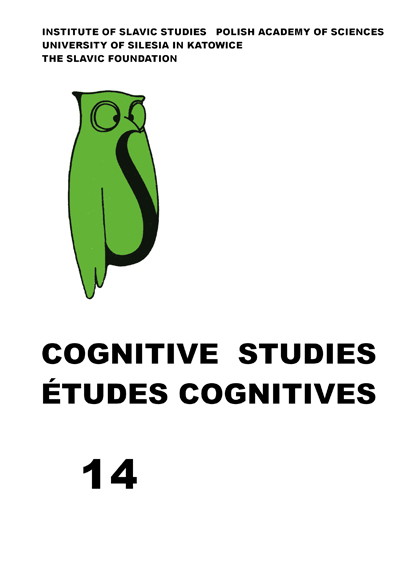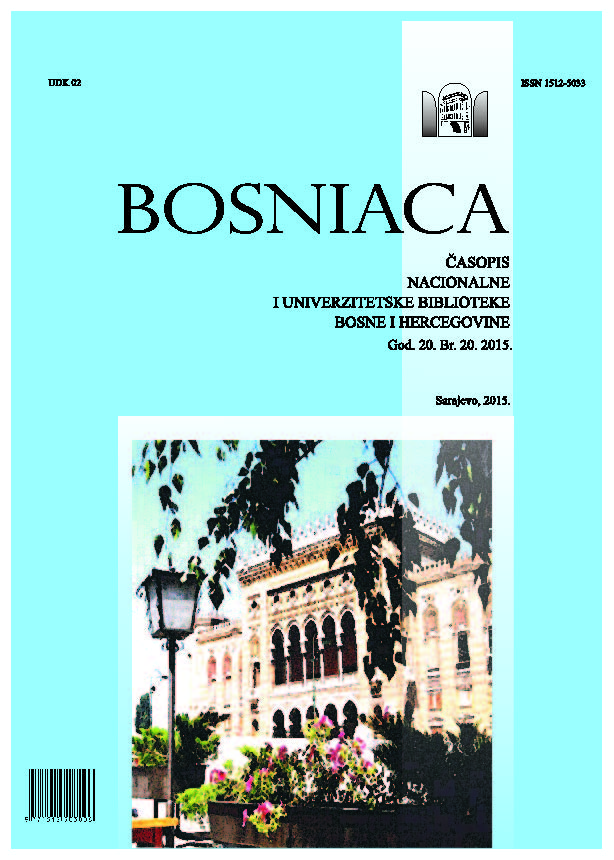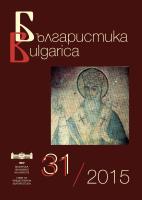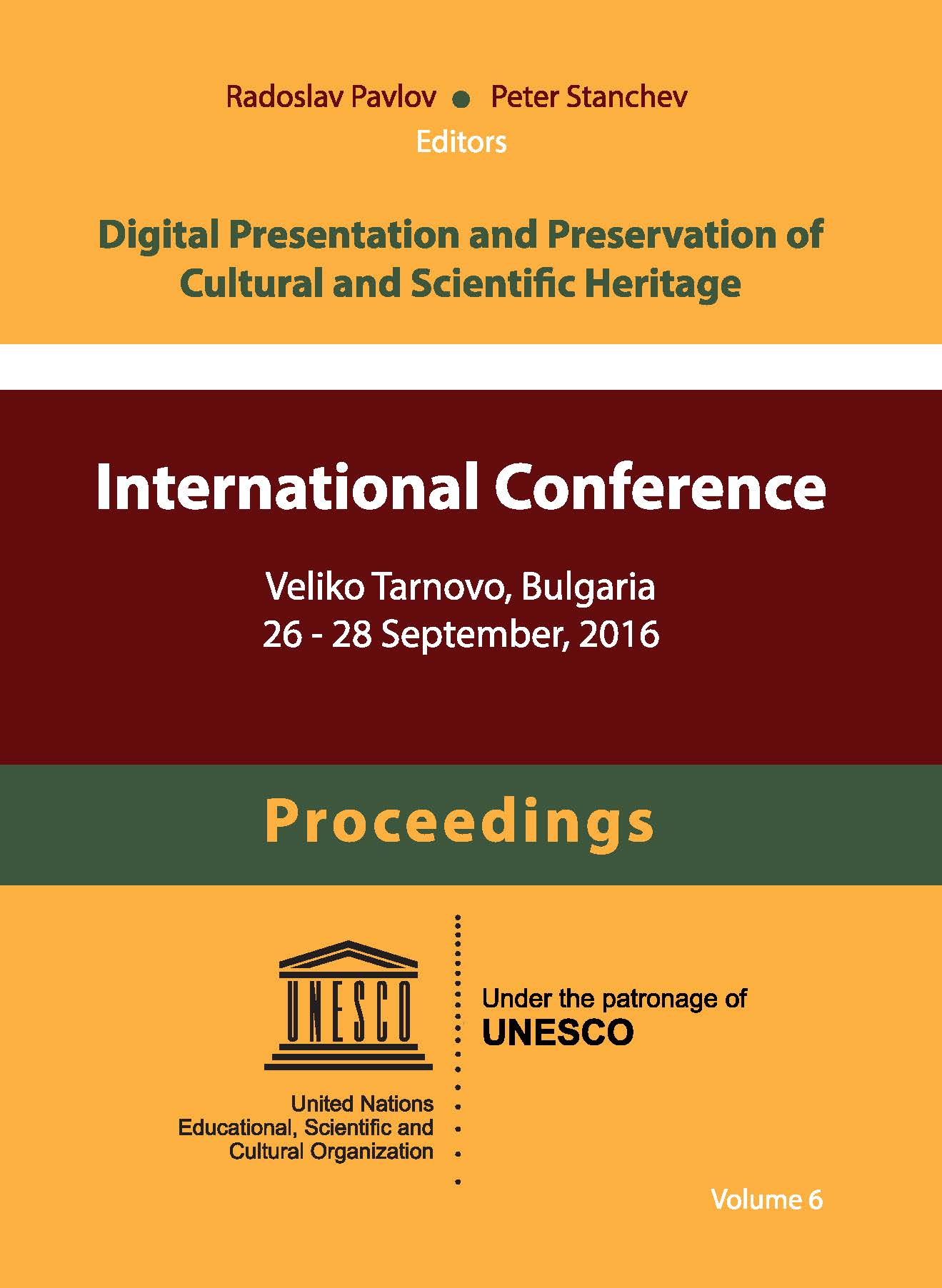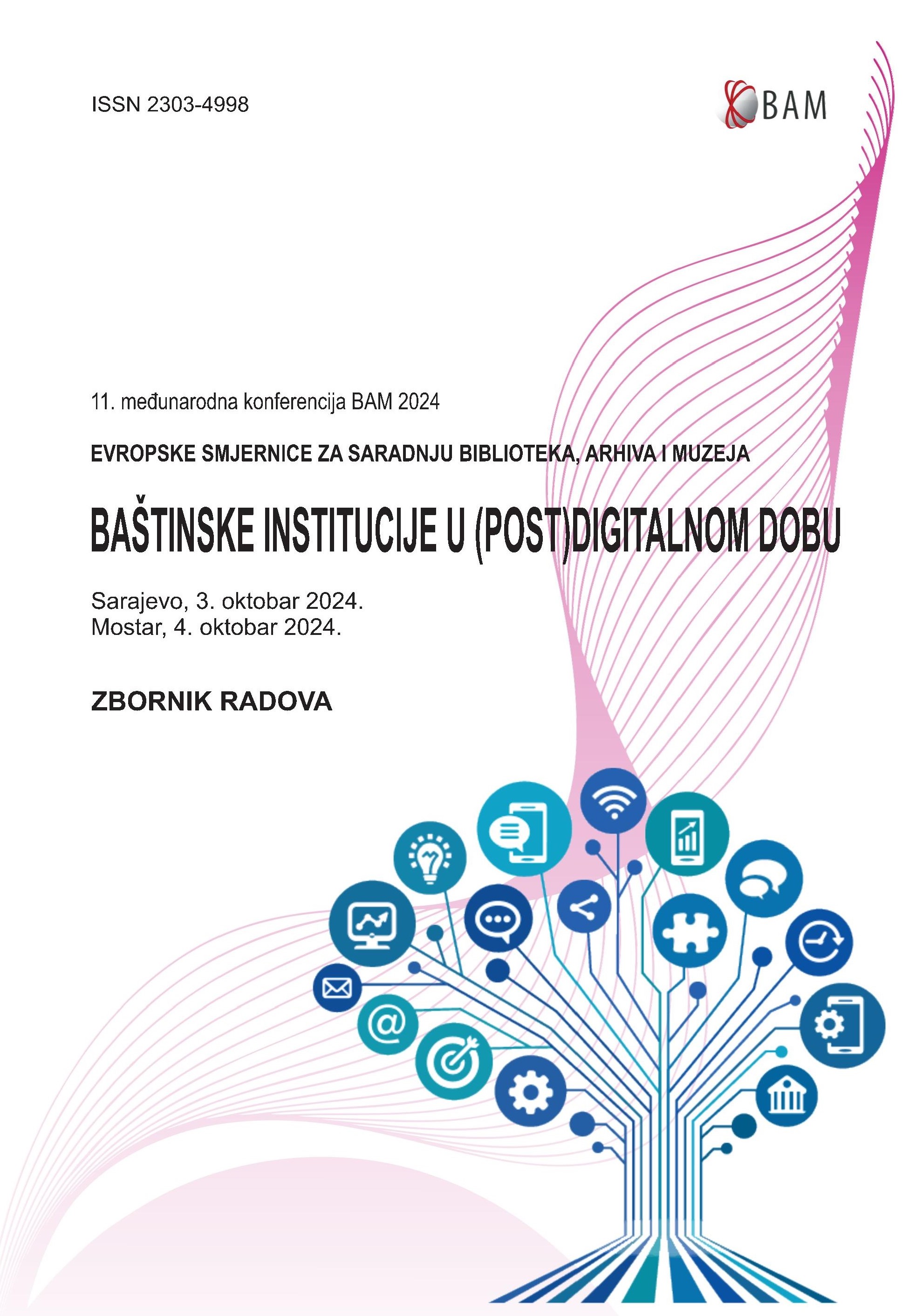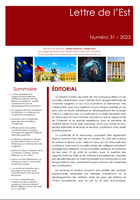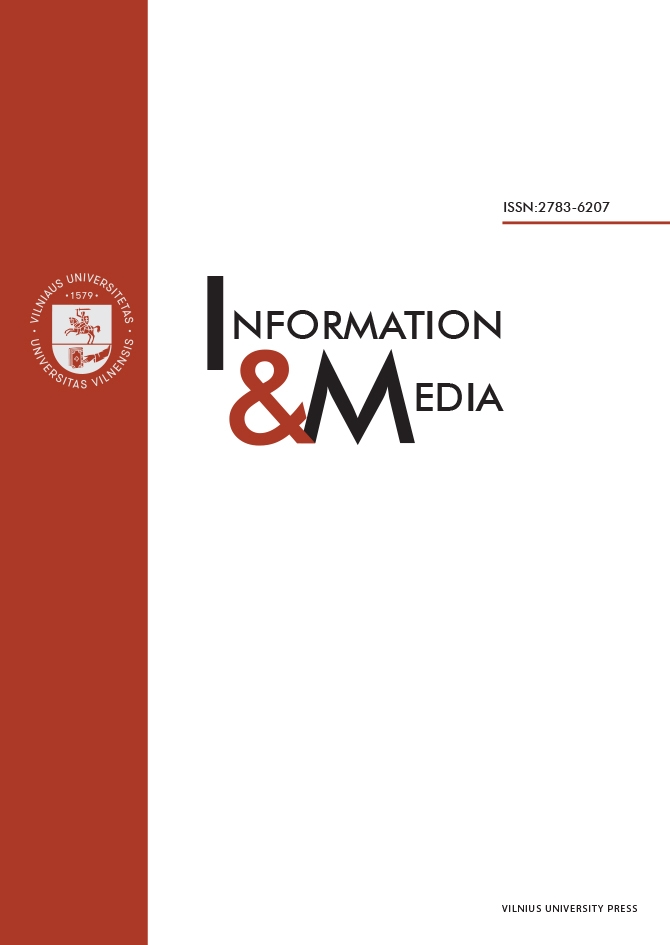Author(s): Tatijana Petrić,Hrvoje Mandić / Language(s): Croatian
Issue: 11/2025
Numerous researches were conducted on the history and cultural heritage of the University for the purpose of producing various monographs and presenting its importance. However, these sources are scattered among different institutions and are generally not publicly available, nor have they been included in digitization projects. By digitizing the sources documenting the activities of this most significant and largest academic institution in Croatia, numerous hitherto unexplored records of Croatian cultural heritage would become available to the public. The University of Zagreb was created from three studies, which today we identify primarily with its three faculties: the Faculty of Philosophy, the Faculty of Law and the Faculty of Catholic Theology. These faculties have maintained continuity from their foundation to the present day, and many things that are studied today at special studies and faculties that were founded much later were studied at these basic faculties over the centuries. This is especially expressed for the period from the beginning of the modern University in 1874 until today, when we celebrate 150 years of the modern University. The University has archival copies of the Rector’s speeches, lectures, magazines, work reports, correspondence of the Rector during their terms of office, their portraits and works, and part of the material is located on the University’s premises. The employees of the Central Office for Library Coordination and the Central Office for Digitization recognized the need to make the cultural and scientific activities of the rectors, documented by their works and archival sources, which left a lasting impact on the University and the wider community, available to users and the public. Digitization of book, archival, visual and other available materials identifying the rectors of the Faculty of Philosophy, the Faculty of Law and the Catholic Faculty of Theology in the period from 1874 to 1932 is planned. The partners in the implementation of this project are the constituents of the University, institutions that, along with the Rectorate of the University, own material that will be consolidated in the Virtual Collection of Rectors of the University. Some of the rectors of Zagreb University were first students of that same University, and some of them were born in Bosnia and Herzegovina. By later advancing in academic degrees, through a doctorate, elections to teaching positions and finally election to the rectors of the University of Zagreb, they achieved significant success. Digitized materials (books, speeches, photographs, portraits, rector’s chains, medals, etc.) are publicly available on the Vizbi UNIZG portal: https://unizg.eindigo.net. The rectors of the University of Zagreb are significant persons who marked Croatian culture, art and science. Therefore, it is considered important to digitize their works, artistic portraits, rector’s insignia and archival documents, which will enable the general public to see the work of the mentioned rectors and the artists collaborating on the creation of visual objects, and all together will indicate the scientific, educational and cultural influence of the University of Zagreb on a local and global level. The presentation will show the development of the project and the results published on the Vizbi UNIZG portal.
More...
